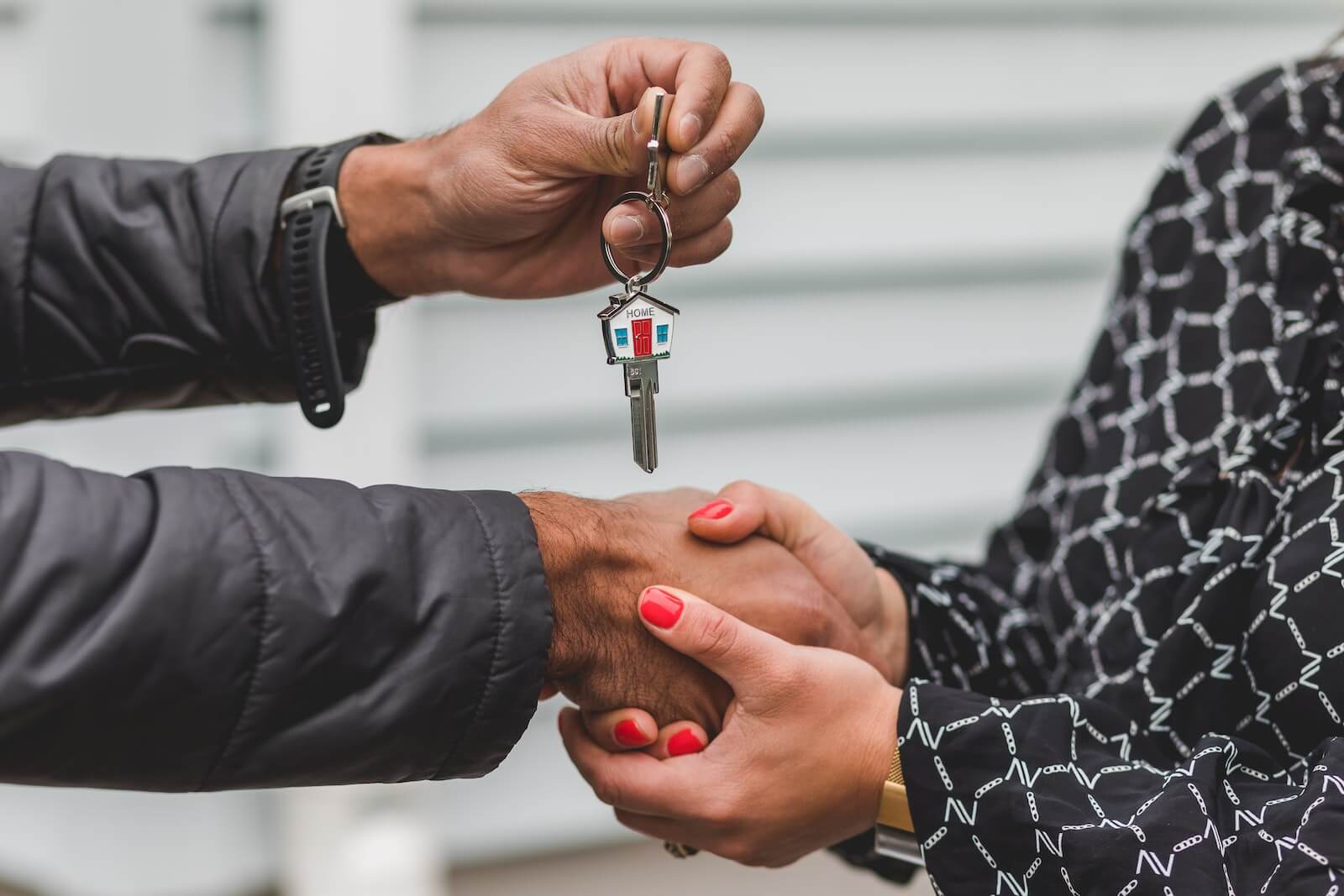SAN DIEGO — Real estate and mortgages go hand-in-hand when people talk about buying or selling homes. However, there is another option that researchers say will save home buyers plenty of money — paying in cash. Taking a deep dive into the U.S. housing market, a team from the University of California San Diego Rady School of Management finds that people making all-cash offers on homes end up paying over 10 percent less than Americans who have to take out a mortgage.
“When sellers accept a mortgage offer, it comes with risk,” says Michael Reher, the study’s co-author and assistant professor of finance at the Rady School of Management. “There is a risk the deal will fall through because there’s a third-party mortgage lender who needs to approve the loan for the borrower and there are other caveats such as issue the appraisal, or inspection, which is why around 10% of transactions fail when the buyer is paying with a mortgage. We find sellers are willing to leave money on the table to avoid the risk.”
So, what does this 10-percent “cash discount” mean for buyers financing a loan? The study, forthcoming in the Journal of Finance, reveals that home buyers needing a mortgage can end up paying six to 17 percent above the original asking price compared to an all-cash competitor, depending on the buyer’s financial profile and local housing market conditions. Specifically, buyers with strong credit and stable income might only pay a six-percent premium in neighborhoods where most sales close without issue. However, for lower-income buyers pursuing a home in riskier areas with more deal failures, the overage can be a daunting 17 percent if the seller receives an all-cash offer.
“Considering that about a third of home purchases are all-cash deals, these differences are highly relevant for real estate market participants,” adds Rossen Valkanov, the study’s co-author and a professor of finance for the Rady School, in a university release.
🏠What Is A Mortgage?
- A mortgage is a type of loan specifically used to purchase real estate. In this arrangement, the borrower agrees to pay back the loan over a set period, typically 15 to 30 years, along with interest.
- The property being purchased serves as collateral for the loan. If the borrower fails to make the required payments, the lender has the right to foreclose on the property, meaning they can take ownership of it and sell it to recover the loan amount.
- Mortgages come in various forms, with different types of interest rates (such as fixed or adjustable) and repayment terms. This allows borrowers to choose a mortgage product that best fits their financial situation and goals.

Valkanov further notes that this cash discount leads to serious friction between mortgage buyers and sellers. The U.S. government subsidizes $8 trillion in mortgages to promote homeownership. Valkanov suggests an easier path could be reducing ambiguity in the sales process:
“In policy terms, U.S. taxpayers subsidize $8 trillion of mortgages to promote homeownership,” Valkanov explains. “If policy makers made it easier for mortgage buyers to close escrow, it could be a more cost-effective route to promoting homeownership than subsidizing mortgages for first-time homebuyers.”
For most newcomers to the housing market, financing is the only avenue to realizing the American dream of homeownership. The all-cash discount represents another major obstacle in a playing field tilted toward higher-income buyers able to make massive cash offers, especially with interest rates on loans at financially crippling levels for many.
This liquidity in the housing market edging out first-time and lower-income borrowers has broader societal impacts, according to the study authors. They note the increase in deep-pocketed buyers securing homes for cash is leading to more real estate purchasing which are below market value, thereby eroding the property’s long-term investment potential as an owned asset.
In areas like California with a chronic history of housing shortages, the average age of first-time homebuyers has risen nearly a decade since the 1980s as a result of these challenges.
Reher and Valkanov drew their findings from three separate analyses, replicating the 10-percent cash discount effect across:
- Data on 2 million home sales covering over 90% of U.S counties from 1980-2017, which showed mortgage buyers paid 11% premiums
- 20,000 home sales and offer records from 2013-2021 provided by Redfin, indicating an 8% premium for mortgage buyers
- A survey of 3,000 homeowners who said they’d only accept a mortgage offer if it was 10% higher than a cash competitor

This all boils down to prevailing mortgage interest rates at time of purchase. Paying cash when rates are below 7.5% or so means losing potential stock market gains on that cash, realizing the SP500 with dividends reinvested has averaged more than 10% annually over longer terms.
All well and good but how many young potential homeowners have $500k in cash to pay for a house? That’s not realistic.
I don’t really understand the point they are trying to make here. When I bought my house it helped a lot that my loan amount was pre-approved. When I took out my loan, the seller had nothing to do with it, and nothing I did after the money was paid and through escrow would affect the seller at all.
Unless the buyer is not pre-approved, or the loan is owner financed, what difference does it make. Who is going to sell their house to someone who cannot make the loan, and why would someone who cannot get a loan put money on the table for a non-refundable deposit as my seller asked for in addition to the lender’s pre-approval.
This is not that complicated, so instead of saying you can save money by an all-cash offer, why not just educate the prospective home buyer. Besides most Americans cannot even qualify to buy a home these days – let alone with an all-cash offer.